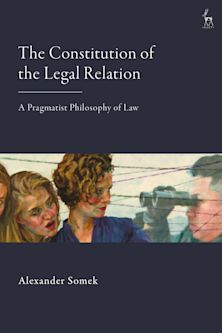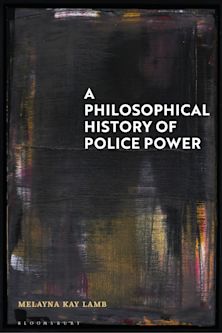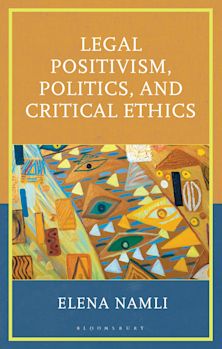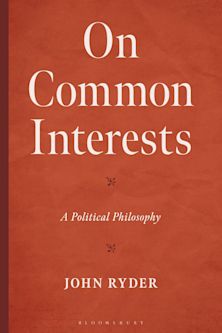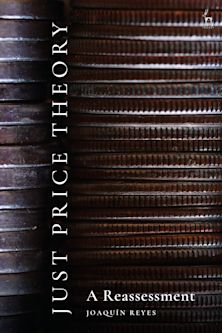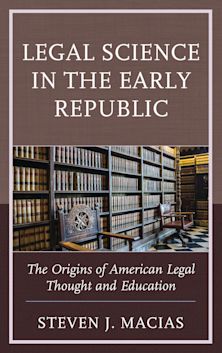- Home
- ACADEMIC
- Politics & International Relations
- Political and Legal Philosophy
- Modern Conspiracy
This product is usually dispatched within 3 days
- Delivery and returns info
-
Free US delivery on orders $35 or over
You must sign in to add this item to your wishlist. Please sign in or create an account
Description
While conspiracy theory is often characterized in terms of the collapse of objectivity and Enlightenment reason, Modern Conspiracy traces the important role of conspiracy in the formation of the modern world: the scientific revolution, social contract theory, political sovereignty, religious paranoia and mass communication media.
Rather than seeing the imminent death of Enlightenment reason and a regression to a new Dark Age in conspiratorial thinking, Modern Conspiracy suggests that many characteristic features of conspiracies tap very deeply into the history of the Enlightenment: its vociferous critique of established authorities and a conception of political sovereignty fuelled by fear of counter-plots, for example. Perhaps, ultimately, conspiracy theory affords us a renewed opportunity to reflect on our very relationship to the truth itself.
Table of Contents
Introduction – Running Dogs and the 'Rightness' of Conspiracy
Chapter One: Powerful Secrets
Chapter Two: Impossible Things
Chapter Three: A Short History of an Epistemic Ambience
Chapter Four: Pleasures, Sorrows, and Doubling
Chapter Five: Cultural Ramifications and Reflections
Chapter Six: Conspiracy and Theory
Conclusion: Where to Now?
Product details

| Published | Aug 28 2014 |
|---|---|
| Format | Paperback |
| Edition | 1st |
| Extent | 184 |
| ISBN | 9781623560911 |
| Imprint | Bloomsbury Academic |
| Dimensions | 8 x 5 inches |
| Publisher | Bloomsbury Publishing |
About the contributors
Reviews
-
Lucidly written, Modern Conspiracy is recommended reading not only for conspiracists and debunkers, but also those interested in a nuanced view of the modern nature of conspiracy and its critique.
Rachel Hoffman, Times Higher Education
-
A pleasure to read. Witty, funny, engaging, mainly it is substantial food for thoughts, a serious reflection on a topic whose importance for current affairs has steadily been growing.
Colloquium on Violence and Religion
-
The authors treat their subjects with a respect underpinned by a comic distance and sensibility which makes the book a real pleasure to read ... [This book] goes an enjoyably long way towards a better, and more appropriately humane, way of understanding [conspiracy theories].
Noel Rooney, Fortean Times
-
This opulently researched book is probably the only one you need to read on this topic. The authors prescribe humor, which they exercise tellingly throughout, as an antidote to the paranoia of conspiracy theorists and their symmetrically grim debunkers.
Andrew McKenna, Professor of French Language and Literature, Loyola University Chicago, USA
-
This intellectually challenging yet humor-filled treatment of “conspiracy theory” reveals the hidden complicity between the theorists and their debunkers-including us and the authors themselves. No solutions are offered, but we learn to see these theories as inevitable and not always regrettable products of the Enlightenment's Cartesian principle by which modern people try, against ever greater odds, to think for themselves.
Eric Gans, Distinguished Professor of French and Francophone Studies, University of California, Los Angeles, USA
-
A beautifully accessible and persuasive survey of the field of conspiracy-theorising and debunking.
William A Johnsen, Professor of English, Michigan State University, USA, and editor of Studies in Violence, Mimesis, and Culture












